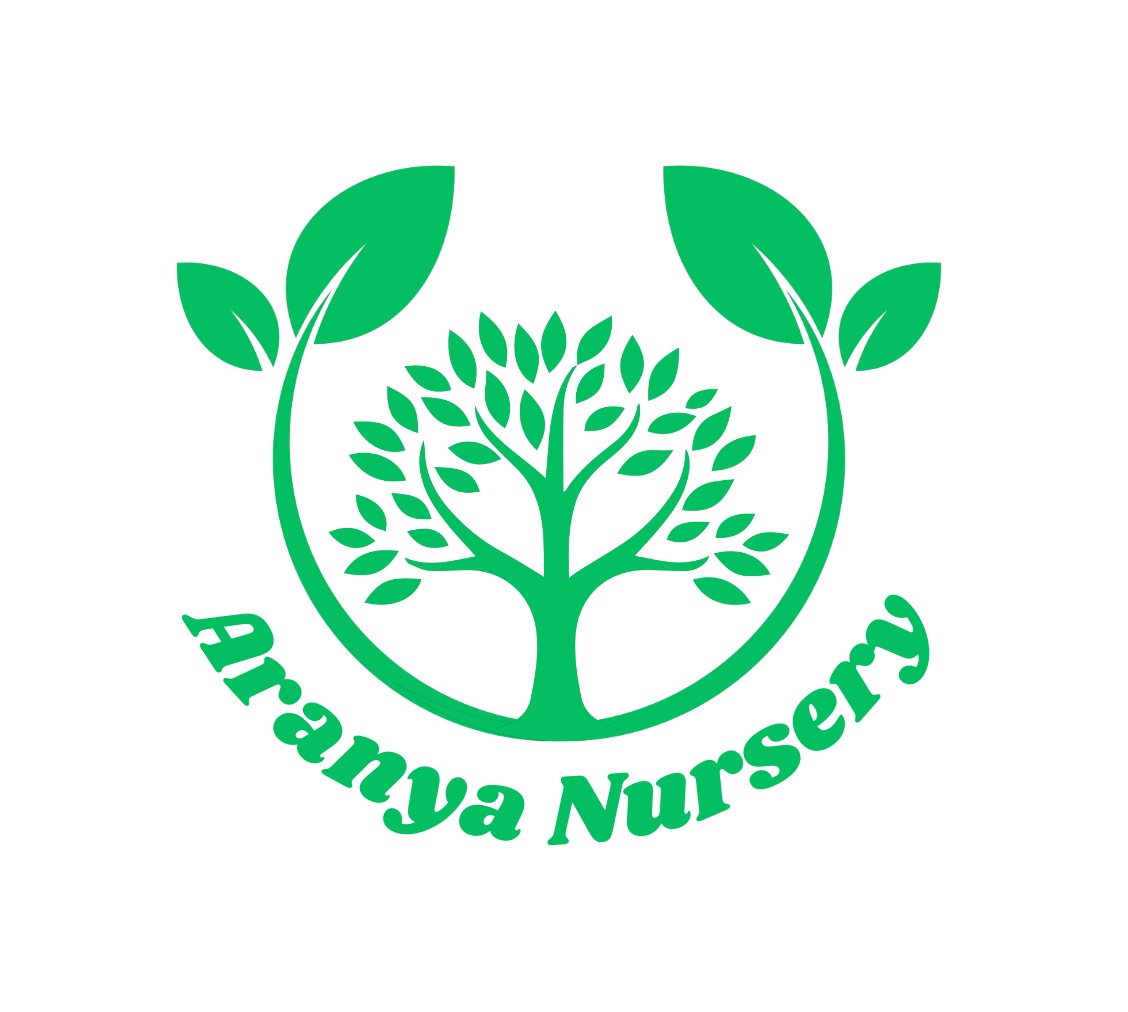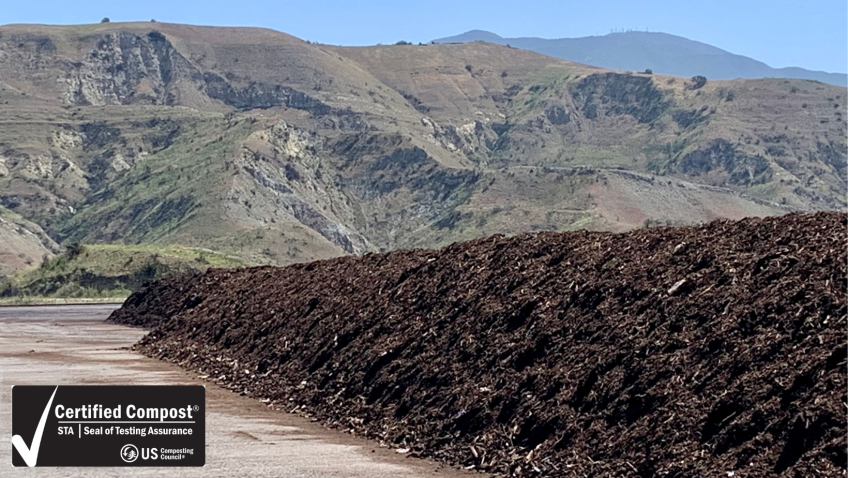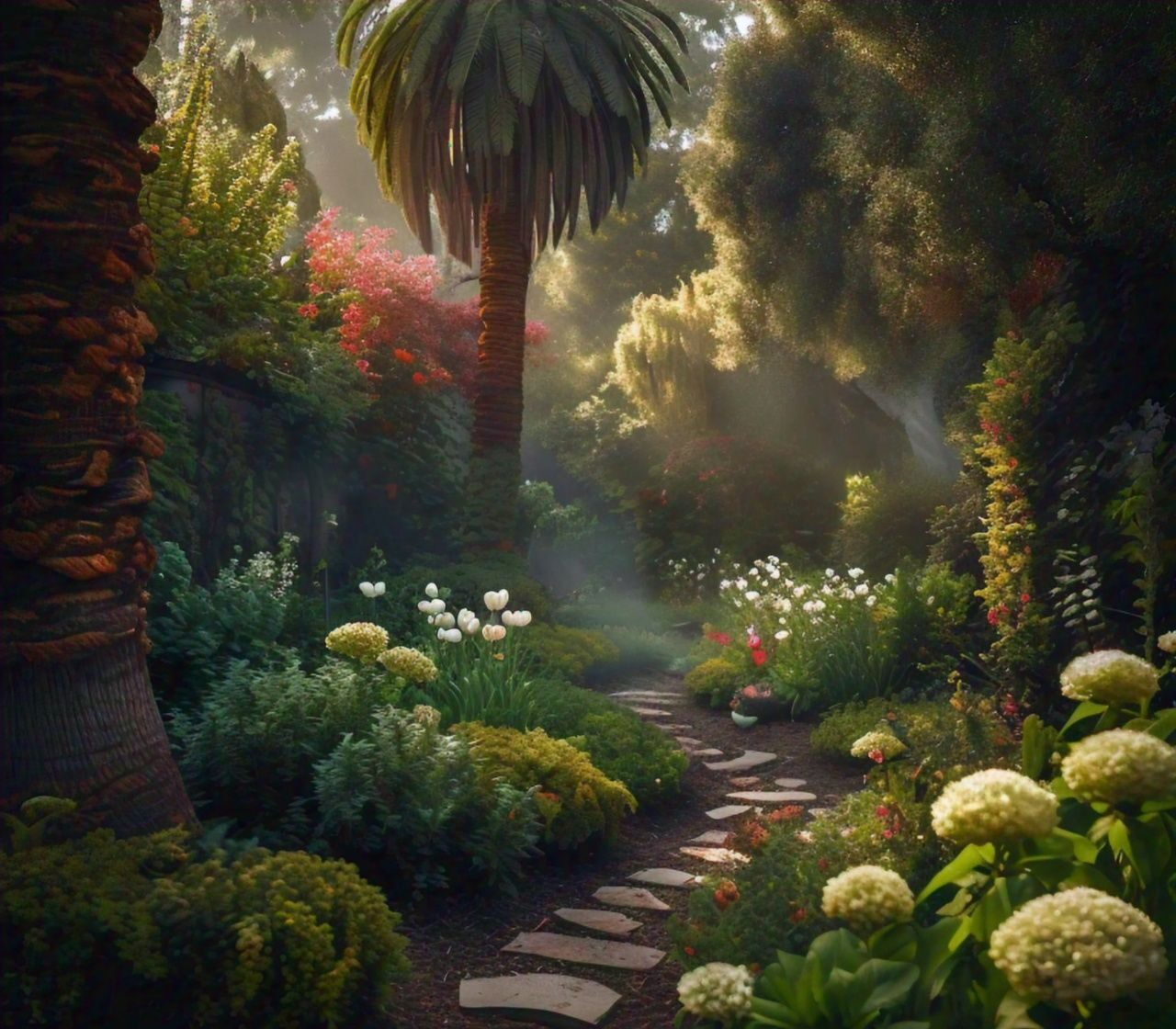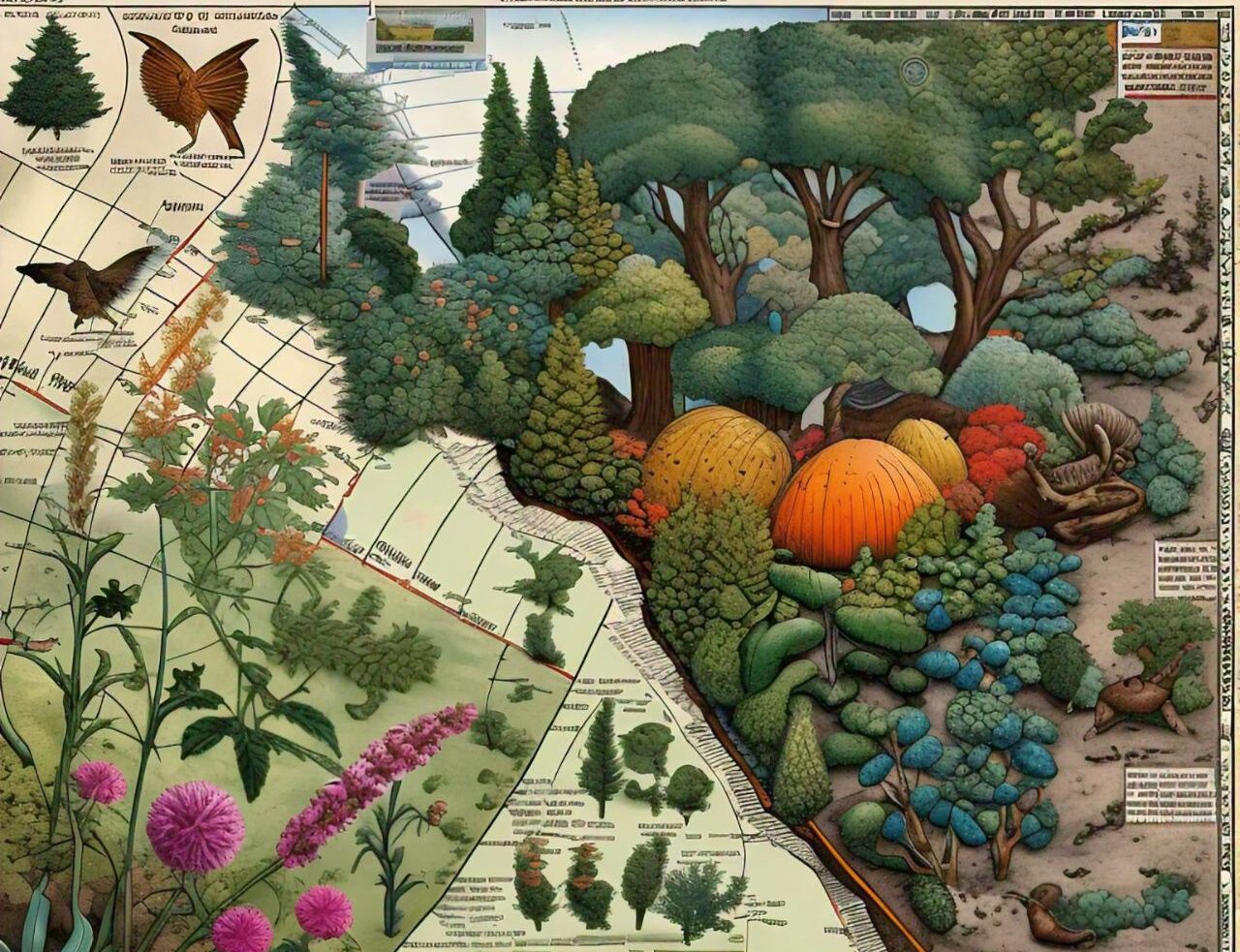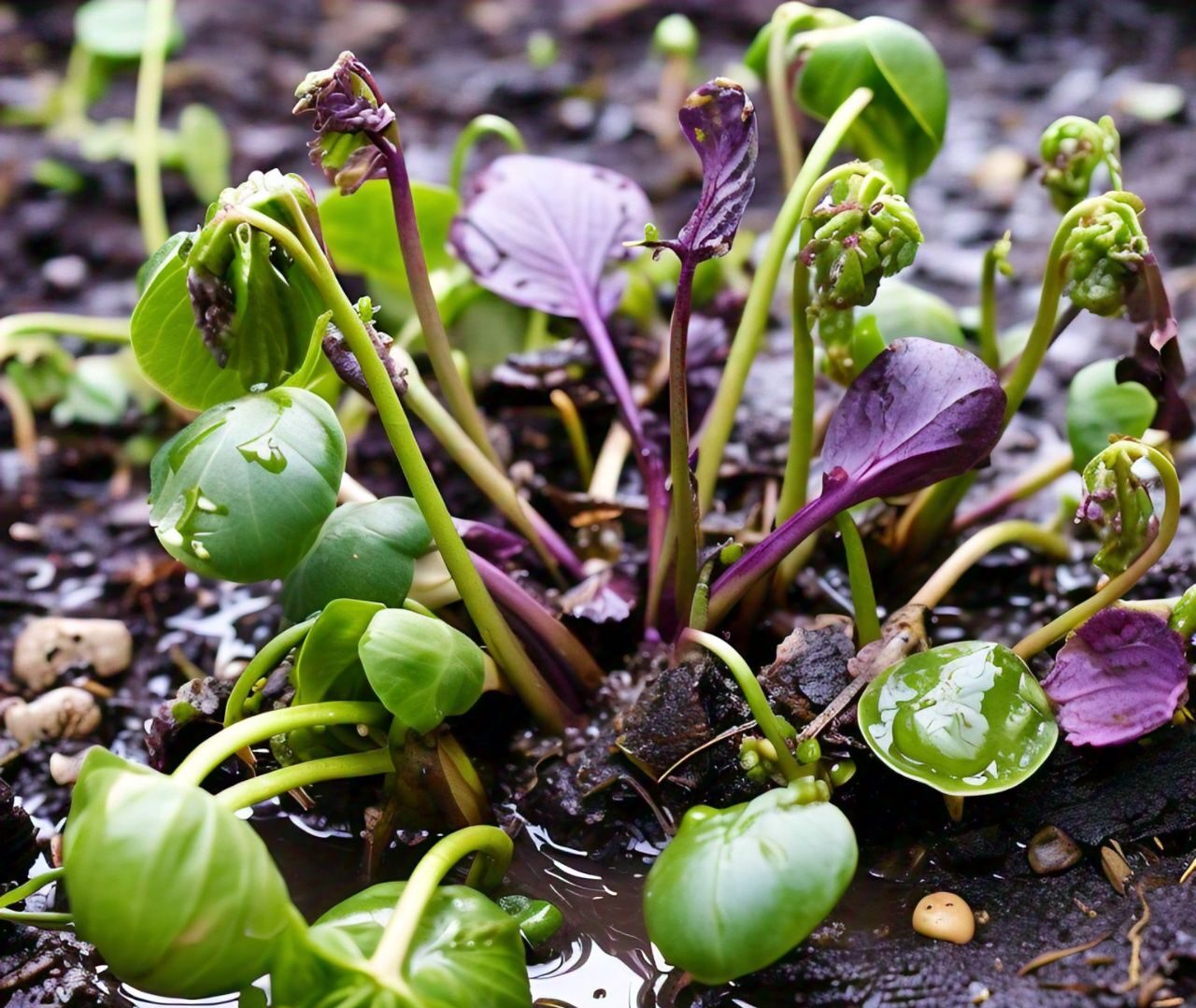
Overwatering is a common mistake that can be detrimental to young plants. Here’s why:
Reasons Overwatering Harms Young Plants
- Root Rot: Excess water causes roots to decay, leading to reduced water and nutrient absorption.
- Oxygen Deprivation: Waterlogged soil deprives roots of essential oxygen, causing root damage.
- Nutrient Deficiency: Excess water leaches nutrients from the soil, starving young plants.
- Increased Susceptibility to Disease: Overwatering creates an ideal environment for fungal and bacterial diseases.
- Stunted Growth: Waterlogged soil slows root development, hindering plant growth.
- Reduced Leaf Development: Excess water can cause leaves to become misshapen or drop prematurely.
Why Young Plants Are More Vulnerable
- Underdeveloped Roots: Young plants have smaller, less efficient root systems.
- Limited Water Regulation: Young plants struggle to regulate water intake.
- Increased Water Sensitivity: Young plants are more sensitive to overwatering due to delicate tissues.
Signs of Overwatering in Young Plants
- Yellowing or droopy leaves
- Soft, mushy stems
- Water pooling around the base
- Slow or stalled growth
- Black or brown roots
Prevention and Solutions
- Water Carefully: Water only when soil feels dry to the touch.
- Check Drainage: Ensure proper drainage holes in containers.
- Use Well-Draining Soil: Select potting mixes designed for young plants.
- Monitor Humidity: Adjust watering based on environmental humidity.
- Avoid Overpotting: Use containers that match plant size.
Best Practices for Watering Young Plants
- Water in the morning to allow soil to dry slightly.
- Water lightly but frequently for young seedlings.
- Avoid getting water on leaves or crown.
- Use room-temperature water.
- Monitor plant responses and adjust watering accordingly.
By understanding the risks of overwatering and adopting mindful watering practices, you’ll help your young plants thrive and establish a strong foundation for healthy growth. If your plants are wilted, here are some more tips for reviving wilted plants.
Happy gardening!
